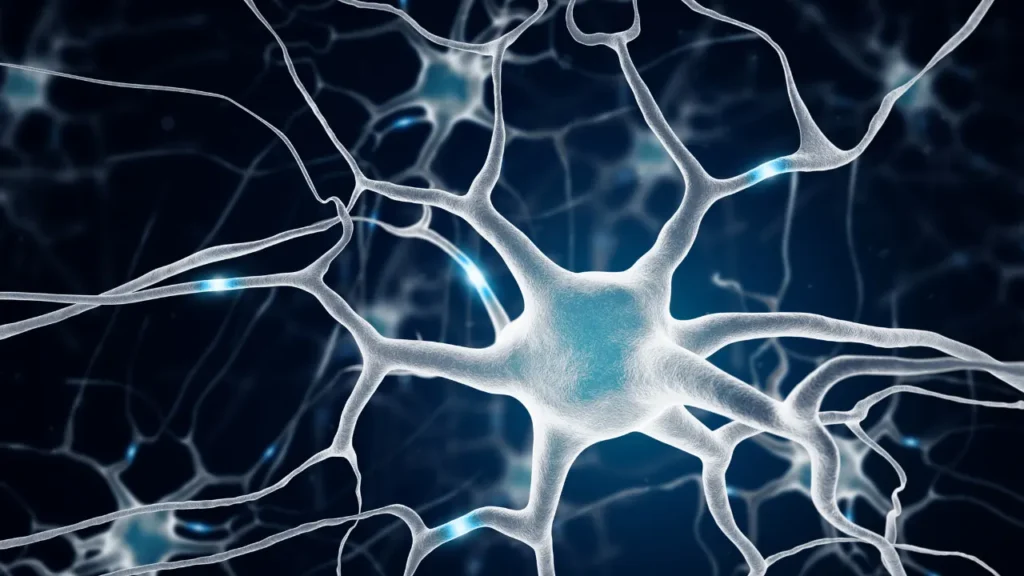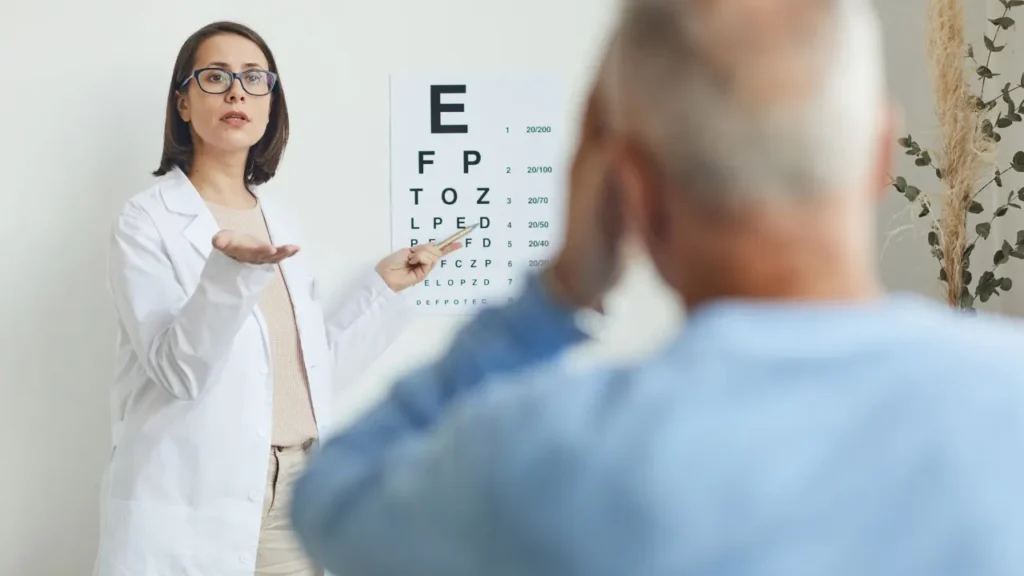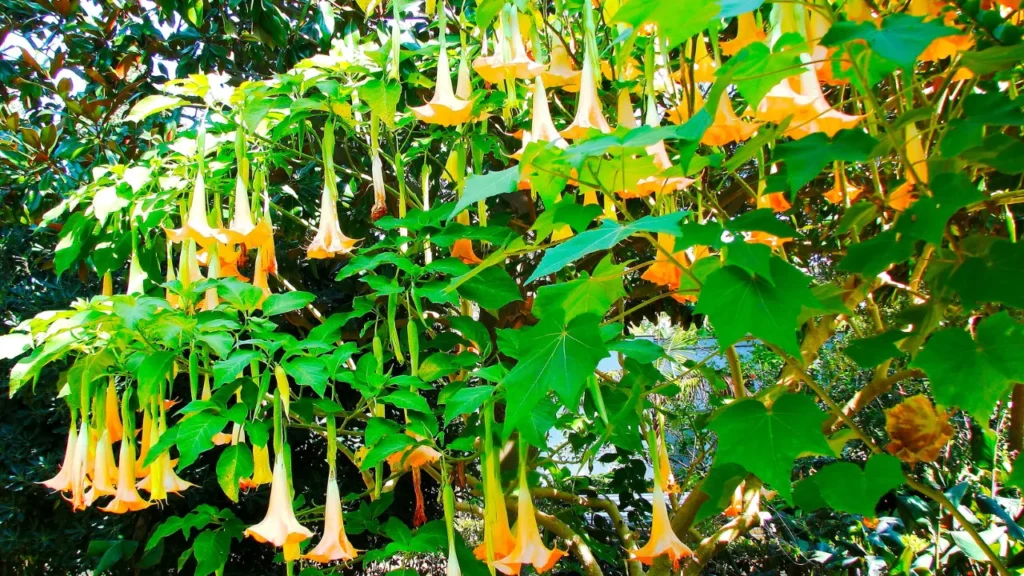The plant known as angel’s trumpet (Datura stramonium) has been used medicinally for a very long time. Its name comes from the enormous, fragrant flowers that resemble trumpets. The plant was originally found only in the Americas, but it has since spread to numerous other countries. The nature of angel’s trumpet, its health advantages, ideal dosage, adverse effects, potential drug interactions, and any other pertinent details will all be covered in this article.
You May Also Like:
Battle of the Brain Boosters: Brain MD Omega 3 Power vs. Kori Krill Oil Mind & Body
White Pepper: Benefits, Dosage, Side Effects, Drug Interactions, And Other Important Information
Angel’s Trumpet: Benefits, Dosage, Side Effects, Drug Interactions, and Other Important Information is an original (NootropicsPlanet) article.
Nature of Angel’s Trumpet
Angel’s trumpet is a tall, leafy plant with a height of up to 4 meters. It blooms in huge, trumpet-shaped white, yellow, or pink color. It belongs to the Solanaceae family of plants, which also contains tomatoes, peppers, and potatoes. Scopolamine, atropine, and hyoscyamine are only a few of the alkaloids found in the plant’s leaves, seeds, and flowers. The plant’s therapeutic qualities are due to these alkaloids.
Health Benefits of Angel’s Trumpet
For many years, the angel’s trumpet has been utilized medicinally in a variety of ways. The plant’s alkaloids provide some health advantages, such as:
- Anti-inflammatory: Angel’s trumpet alkaloids contain anti-inflammatory effects that can help lessen swelling and pain in the body.
- Antispasmodic: Angel’s trumpet can ease cramps and muscle spasms.
- Sedative: The plant’s alkaloids may aid in promoting sleep and relaxation.
- Angel’s trumpet is an anticonvulsant that can help lessen both the frequency and intensity of seizures.
- Antipsychotic: It has been demonstrated that the plant’s alkaloids contain antipsychotic qualities, which can help reduce psychosis symptoms.
- Antimuscarinic: Angel’s trumpet can ease tension and spasms in the muscles.
- Cough suppressant: The plant’s alkaloids might ease coughing.

Chemistry of Angel’s Trumpet
As previously mentioned, numerous alkaloids, including scopolamine, atropine, and hyoscyamine, can be found in angel’s trumpet. These alkaloids, which are known for their therapeutic qualities, are categorized chemically as tropane alkaloids. The most prevalent alkaloid in angel’s trumpet, scopolamine, is what gives the plant the majority of therapeutic properties.
Physiological Mechanisms of Action of Angel’s Trumpet
The muscarinic and alpha-adrenergic receptors in the body are just two examples of the receptors that the alkaloids in angel’s trumpet bind to in order to exert their effects. The plant’s alkaloids can have many benefits through interacting with these receptors, including lowering inflammation, easing muscle spasms, encouraging sleep and relaxation, lowering seizures, easing psychosis, lowering muscle tension, and lowering coughing.
Speaking of the physiological mechanism, the alkaloids in angel’s trumpet can bind to particular receptors and potentially have effects on the central nervous system. They can raise the levels of some neurotransmitters, like acetylcholine, while lowering the levels of other neurotransmitters, like dopamine. Changes in mood, perception, and cognitive ability may result from this. However, the exact mechanism has not yet been found. It is only understood that alkaloids from the plant are thought to exert their effects by changing the concentrations and activities of particular neurotransmitters in the body and brain.
To fully comprehend the physiological mechanisms underlying the effects of angel’s trumpet, more investigation is required.

Optimal Dosage of Angel’s Trumpet
Depending on the patient and the illness being treated, the ideal dosage of angel’s trumpet varies. However, you should always begin with a low dose and gradually raise it as necessary. Before using angel’s trumpet, talk to a doctor because the plant’s alkaloids have the potential to be dangerous in high dosages. The range of the plant’s typical recommended dose is between 30 and 60 mg.
Side Effects of Angel’s Trumpet
Several negative consequences of angel’s trumpet include:
- Dry mouth: The plant’s alkaloids might make you feel uncomfortable and put your oral health at risk by causing dry mouth.
- Cloudy vision: Angel’s trumpet can result in cloudy eyesight, which can be hazardous when handling heavy machinery or while driving.
- Confusion: The alkaloids in the plant can lead to confusion, which in some circumstances can be deadly.
- Hallucinations: The angel’s trumpet may result in unsettling and hazardous hallucinations.
- Rapid heartbeat: The plant’s alkaloids can speed up the heartbeat, which is risky for those who already have cardiac issues.
- Convulsions: The angel’s trumpet may result in serious and possibly fatal convulsions.
- Death: Angel’s trumpet can be fatal in large amounts.

Potential Substance Interactions with Angel’s Trumpet
Several chemicals can interact with angel’s trumpet, including:
- Alcohol: Alcohol can make angel’s trumpet side effects more likely, particularly confusion and hallucinations.
- Antidepressants: Angel’s trumpet may interact with some antidepressants, raising the possibility of negative side effects such as dry mouth, impaired vision, and fast heartbeat.
- Antihistamines: Angel’s trumpet and antihistamines might interact, raising the possibility of negative side effects like dry mouth and blurred vision.
- Antipsychotics: When used with antipsychotics, angel’s trumpet may increase the likelihood of adverse effects like disorientation and hallucinations.
- Cardiovascular drugs: Angel’s trumpet may interact with cardiovascular drugs, raising the risk of adverse effects like seizures and a rapid heartbeat.
- Angel’s trumpet may interact with muscle relaxants, raising the risk of adverse effects.
Responsible Use of Angel’s Trumpet
To reduce the danger of negative effects and potential drug interactions, angel’s trumpet should be used cautiously. It is advised against taking the plant in combination with other substances without first seeking medical advice from a specialist and only consuming it under the guidance of a healthcare provider. There is always a chance of side effects and possible drug combinations. Thus, constantly seek medical advice before beginning the supplementation routine.
Angel’s Trumpet:
Conclusion
In short, numerous bioactive ingredients are present in angel’s trumpet such as scopolamine, atropine, hyoscyamine, and tropane alkaloids. All of these play an important role in the health benefits of the plants which may include anti-inflammatory, antispasmodic, sedative, antipsychotic, antimuscarinic, and also cough suppressant effects. This plant has been around for ages and it can be found native to various regions in the world.
You should seek personalized health advice when it comes to recommending optimal dosage and usability of supplements. This is because dosage differs across individuals with different needs and medical histories. The side effects of angel’s trumpet may be hazardous and hence you must take extra caution when exploring the diverse world of botanical remedies.

References:
- Pharmacological Properties of Datura Stramonium L. As A Potential Medicinal Tree: An Overview. Retrieved from: https://www.ncbi.nlm.nih.gov/pmc/articles/PMC3621465/
- Datura Stramonium Abrogates Depression- And Anxiety-Like Disorders in Mice: Possible Involvement of Monoaminergic Pathways in Its Antidepressant Activity. Retrieved from: https://pubmed.ncbi.nlm.nih.gov/35218173/
- Datura Stramonium In Asthma Treatment and Possible Effects on Prenatal Development. Retrieved from: https://pubmed.ncbi.nlm.nih.gov/21783676/
Important Note: The information contained in this article is for general informational purposes only, and should not be construed as health or medical advice, nor is it intended to diagnose, prevent, treat, or cure any disease or health condition. Before embarking on any diet, fitness regimen, or program of nutritional supplementation, it is advisable to consult your healthcare professional in order to determine its safety and probable efficacy in terms of your individual state of health.
Regarding Nutritional Supplements Or Other Non-Prescription Health Products: If any nutritional supplements or other non-prescription health products are mentioned in the foregoing article, any claims or statements made about them have not been evaluated by the U.S. Food and Drug Administration, and such nutritional supplements or other health products are not intended to diagnose, treat, cure, or prevent any disease.


